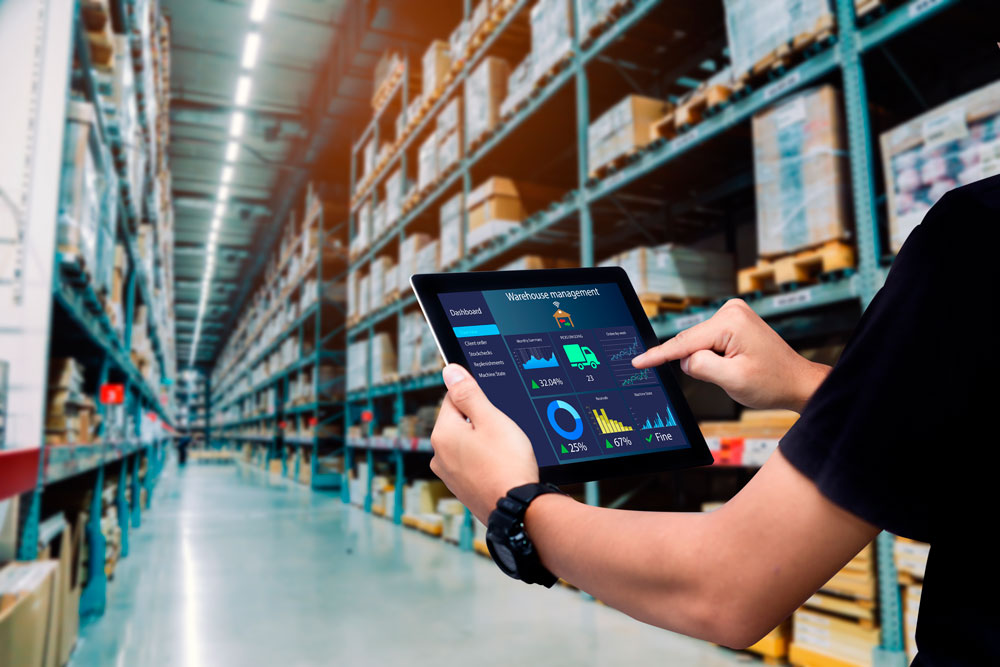
Latest information

Digitalisation, driving competitiveness in the Galician business network
The economic impact of the pandemic has accelerated technological change, with the companies’ necessary adaptation to new business models, sustainability challenges and modes of work. In addition to this, the role of digitalisation in the reduction and elimination of social, geographic and gender gaps make this transition to Industry 4.0 an unavoidable challenge for the production network in general and citizens in particular.
For example, 20% of investment from the Next Generation fund is destined for the digital sector. This opportunity is described by the director of the Galician Institute for Economic Promotion (Igape), Fernando Guldrís, as “a lever capable of driving the digital and ecological transformation of our production model”. As he highlighted during the closing ceremony for the programme of digital workshops promoted by the Regional Government of Galicia in collaboration with the Galician Association of Engineering, Consulting and Technical Services Businesses (Ageinco), the digitalization of the Galician business network “is and will continue to be one of the main priorities of our economic policy”.
As a result of their commitment to digitalisation, the Regional Government of Galicia has pledged 4.82 million euros for the ICT City project which will have a Centre of Advanced Services, that, according to the ICT Cluster of Galicia will be “the great demonstrator centre of the digital transformation of Galician industry”. This initiative will stimulate and attract ICT entrepreneurs as well as large international technology partners focused on emerging digital technologies to Galicia.
New opportunities
Although the pandemic has helped to put it on the table, the digital transformation is what has defined the acceleration and competitiveness of the business network and all types of business since before 2020. “Digitalisation was democratised thanks to the pandemic”, points out the director of Corporate Development and CSR of Tecalis, Berta Caro, who explains that during the months with the greatest restrictions due to Covid-19 “it became clear that those who did not transform themselves digitally would be greatly affected in terms of rapid response to changes, the ability to reduce risks, increase productivity and even generate new business opportunities".
As a winning SME at the Regional Government of Galicia's Socially Responsible Business Awards in 2019 for its comprehensive vision of social responsibility, Tecalis also translates the ‘benefits of digitalisation’ to the field of sustainability against the new socioeconomic backdrop. "We integrate digital solutions that meet our customers’ needs and make businesses scalable, sustainable and efficient; we reduce material costs in shipping, save time, simplify processes, eliminate storage space and improve the customer experience," says Caro.
Boosting digital training and grants for its implementation
In direct relation to Industry 4.0 and in the context of the challenges of the digital transition, the new training proposal of the three Galician public universities is underway for the academic year 2022-2023. This is the first inter-university bachelor's and master's degree in Artificial Intelligence and was created thanks to the agreement between the Regional Government of Galicia, through the Regional Ministry of Culture, Education and Universities, and the deans of the three academic institutions.
In addition to its prominence in the academic field, the opportunity for digitalisation to improve the competitiveness of small and medium-sized enterprises is a fact that the Second Vice-presidency and Regional Ministry of Economy, Enterprise and Innovation is clear about. Due to this, it has launched various grants aimed at training and development in the field of ICT for all types of entities. Evidence of this new trend for investment in ICT and commitment to digitisation can be seen in initiatives such as grants directed at the hospitality sector, and the Regional Government’s Digital Cheque programme for small businesses and those self-employed within the services sector, organisations in the Galician business association network and SMEs of the social economy that are not in the fishing, aquaculture or primary production sectors.